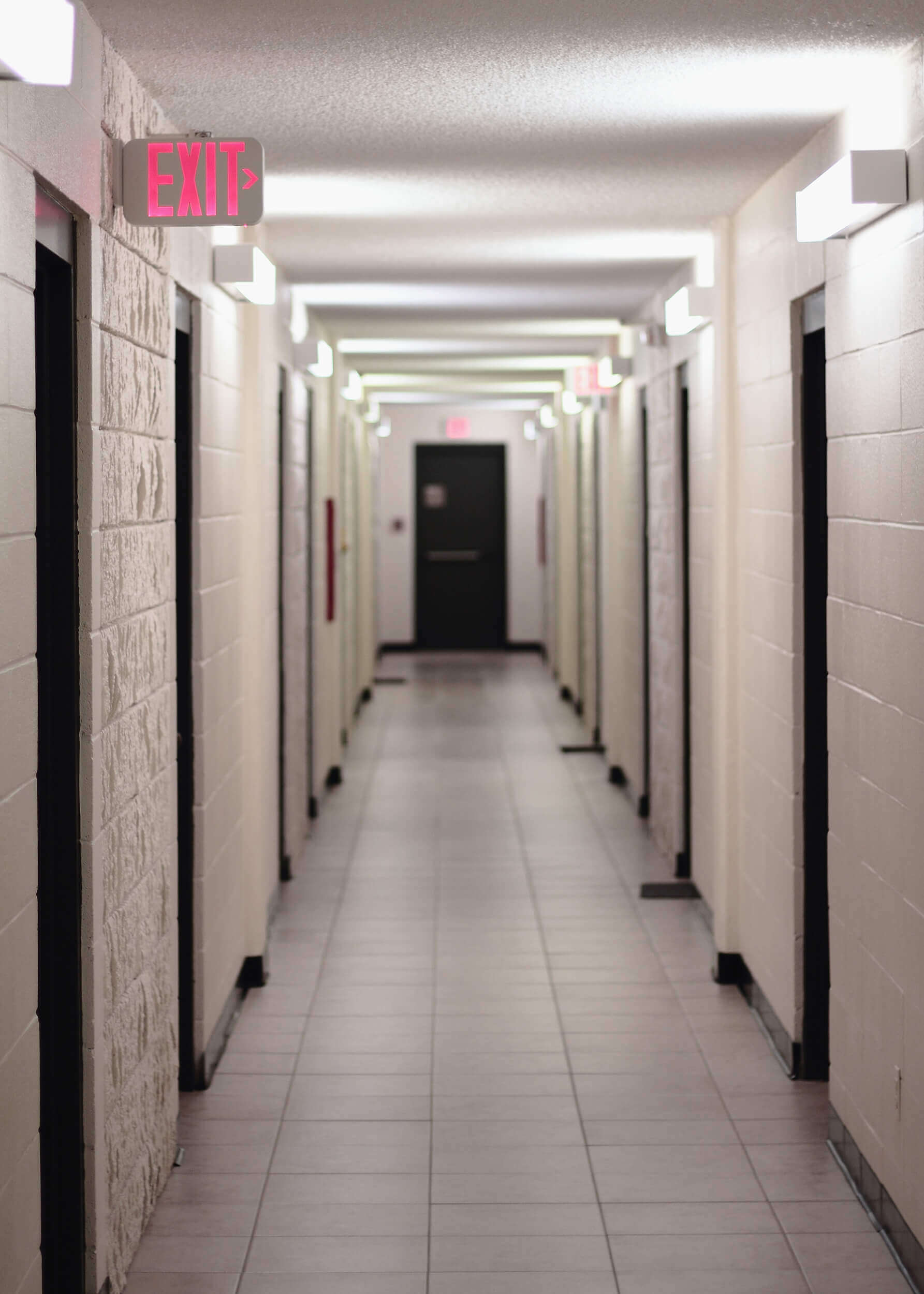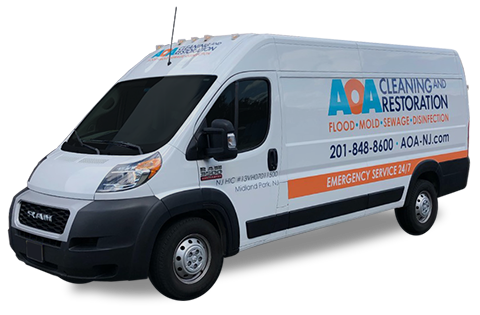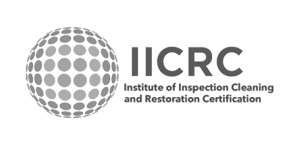
When parents send their beloved teens off to college, there is plenty to worry about. But potentially harmful mold in the dorm room isn’t usually on most parents’ radar.
Sadly, the record-hot-and-humid summer of 2018 in New Jersey meant mold problems—which can be exacerbated during rainy periods or when air humidity increases—for many schools across the state.
In November, a UMD freshman tragically died from adenovirus following a mold outbreak in her dorm. The student was taking medication to combat Crohn’s disease that weakened her immune system, which put her at increased risk for additional problems, according to the Centers for Disease Control and Prevention (CDC).
The CDC also says that exposure to mold causes a range of health problems, but some people are more sensitive to mold than others. For those with weakened immune systems, certain types of molds can cause more severe problems such as lung infections and infections in other organs.
Mold on other college campuses
Mold in residence halls seems to be a problem at many universities in our area:
- In fall 2018, William Paterson University found mold in seven of its 10 residence halls and two academic buildings.
- In August 2018, 15 of New Jersey’s public school districts reported mold, causing some schools to delay opening for the school year.
- In September 2018, residents at The New School’s 13 Street Residence dorm were moved to temporary housing when mold was discovered growing on walls, students’ clothing, and elsewhere.
Can mold hurt me…or my college student?
The situation at the University of Maryland is tragic, but it’s important to remember that generally, mold itself is not toxic—though it does produce toxins.
The CDC explains that health problems associated with toxin-producing molds are the same as the problems that come from common molds inside the home. They can cause upper respiratory tract symptoms, coughing in otherwise healthy people, and other allergic symptoms.
So yes, mold can cause problems for certain people—especially people with asthma, allergies, or other breathing conditions, immune suppression, weakened immune systems, and chronic lung diseases.
What to do if you discover mold
Still, whether you’re a property owner or a homeowner, if you see mold on walls, windows, floors, or elsewhere, you should take action.
First, it’s wise to identify the source and fix the problem. Mold thrives in moist areas, after all. A leaking faucet can lead to a moist under-sink area, which can lead to mold growth. A high humidity level in the home can cause any area with moisture to grow mold.
Then, you’ll need to ensure the area is cleaned thoroughly and properly. This job is best left to professionals because doing it yourself can expose your family or tenants to mold spores. You can actually worsen the problem, and using bleach is actually ineffective for removing mold from walls or flooring. The mold will grow back.
Your best course of action: call AOA Cleaning & Restoration. Our team is certified by the Institute of Inspection Cleaning and Restoration Certification, the American BioRecovery Association, and the Restoration Science Academy. We’ll identify the mold source, assess the problem, treat the area to ensure your home is clean and safe.
For more information about our mold remediation services, call us at 201-848-8600.




















